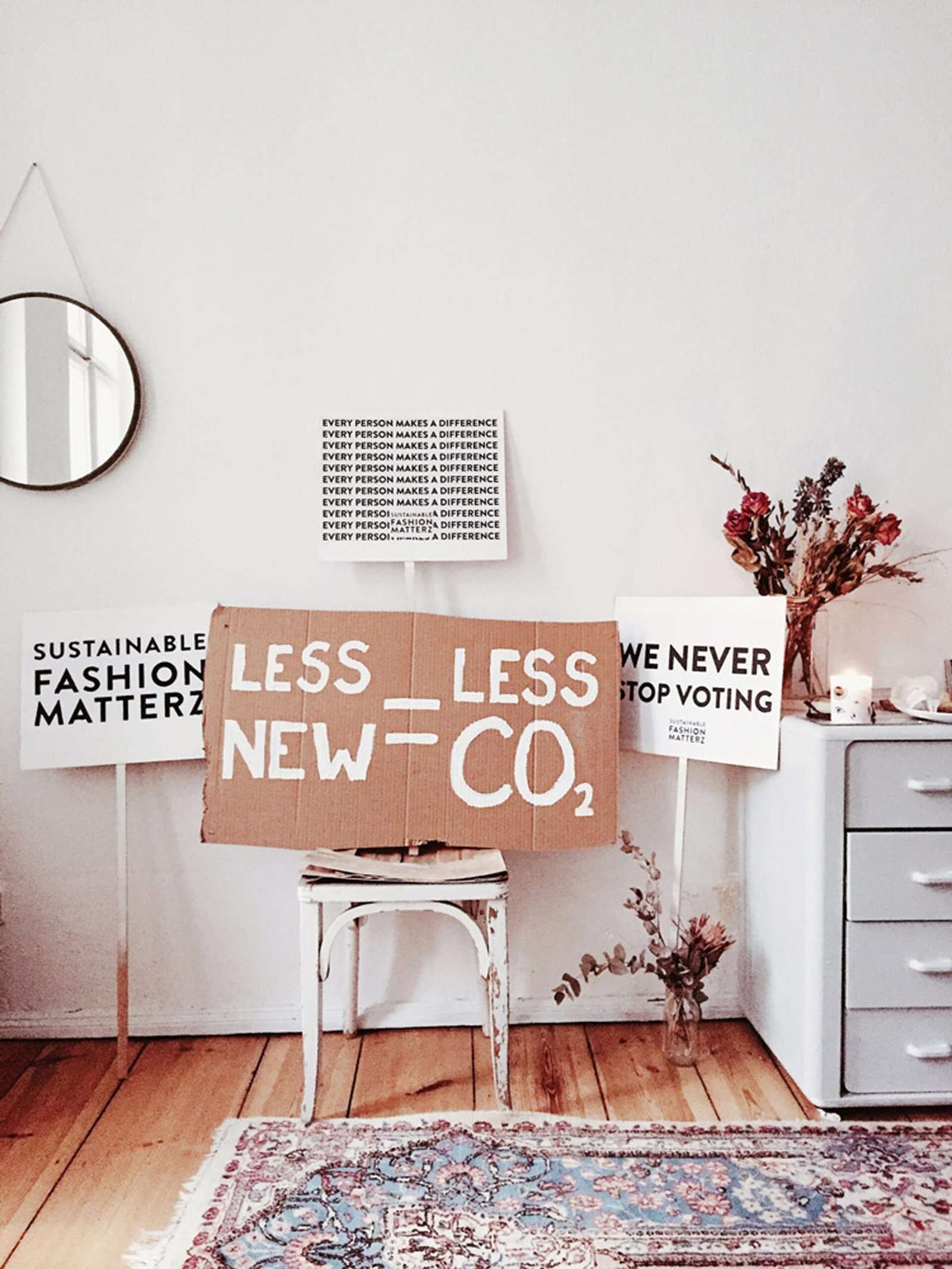When it comes to the fashion industry, sustainability is no longer just a buzzword. It has become a driving force that is reshaping the entire landscape of the industry. With increasing awareness about the environmental and social impacts of fast fashion, consumers are demanding more sustainable options, and brands are stepping up to meet this demand.
The Rise of Sustainable Fashion
Sustainable fashion encompasses a wide range of practices that aim to minimize the negative impact of the fashion industry on the environment and society. This includes using eco-friendly materials, implementing ethical manufacturing processes, reducing waste, and promoting fair trade practices.
One of the key drivers behind the rise of sustainable fashion is the growing concern about the environmental consequences of the fashion industry. The fashion industry is known to be one of the most polluting industries in the world, with massive amounts of water, energy, and chemicals used in the production process. By opting for sustainable fashion, consumers can contribute to reducing these environmental footprints.
Additionally, sustainable fashion also addresses the social issues prevalent in the industry. Many fast fashion brands have been criticized for their exploitative labor practices, including low wages and poor working conditions. Sustainable fashion promotes fair trade and ensures that workers are paid fair wages and work in safe environments.
The Benefits of Sustainable Fashion
Choosing sustainable fashion has numerous benefits, both for consumers and the industry as a whole. Here are a few key advantages:
1. Environmental Impact
Sustainable fashion reduces the environmental impact of the industry by using eco-friendly materials and production methods. Organic cotton, recycled fabrics, and natural dyes are just a few examples of sustainable alternatives that are gaining popularity. By choosing these options, consumers can help conserve resources and reduce pollution.
2. Ethical Manufacturing
Sustainable fashion brands prioritize ethical manufacturing practices. This means ensuring fair wages, safe working conditions, and no exploitation of workers. By supporting these brands, consumers can contribute to improving the lives of garment workers and promoting social justice.
3. Quality and Durability
Sustainable fashion often focuses on creating high-quality, durable garments that are designed to last. This is in contrast to the fast fashion model, which promotes disposable clothing that quickly falls apart. By investing in sustainable fashion, consumers can build a wardrobe of timeless pieces that will stand the test of time.
4. Supporting Local and Independent Brands
Sustainable fashion encourages the growth of local and independent brands that prioritize sustainability. By supporting these brands, consumers can help foster a more diverse and inclusive fashion industry, while also reducing the dominance of large, fast fashion corporations.
The Future of Sustainable Fashion
The future of the fashion industry is undeniably tied to sustainability. As consumers become more conscious of their purchasing decisions, brands that fail to embrace sustainability will struggle to stay relevant. The shift towards sustainable fashion is not just a passing trend; it is a necessary step towards a more responsible and ethical industry.
Fortunately, many brands are already taking steps in the right direction. From luxury fashion houses to independent designers, sustainable fashion is gaining momentum across the board. Innovations in materials, manufacturing processes, and supply chain transparency are driving the industry towards a more sustainable future.
However, there is still a long way to go. Education and awareness play a crucial role in accelerating the adoption of sustainable fashion. Consumers need to be informed about the impact of their choices and empowered to make sustainable fashion a priority.
In Conclusion
Sustainable fashion is no longer a niche concept; it is a growing movement that is reshaping the fashion industry. With its focus on environmental responsibility and social justice, sustainable fashion offers a more conscious and ethical alternative to fast fashion. By choosing sustainable fashion, consumers can contribute to a more sustainable future and help create a fashion industry that values people and the planet.

